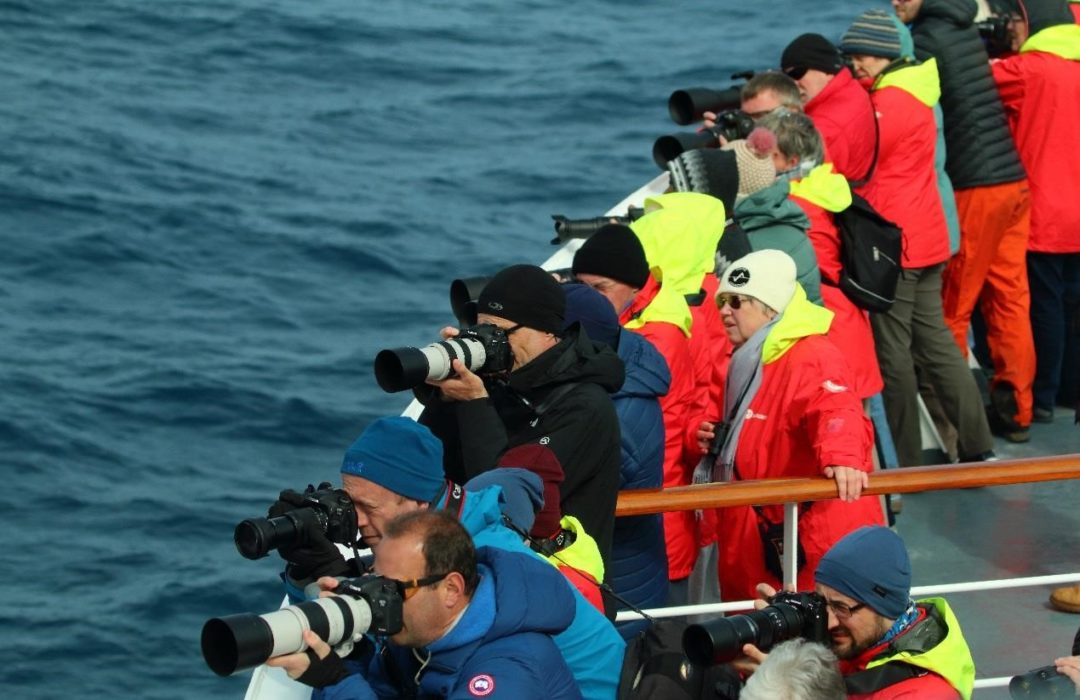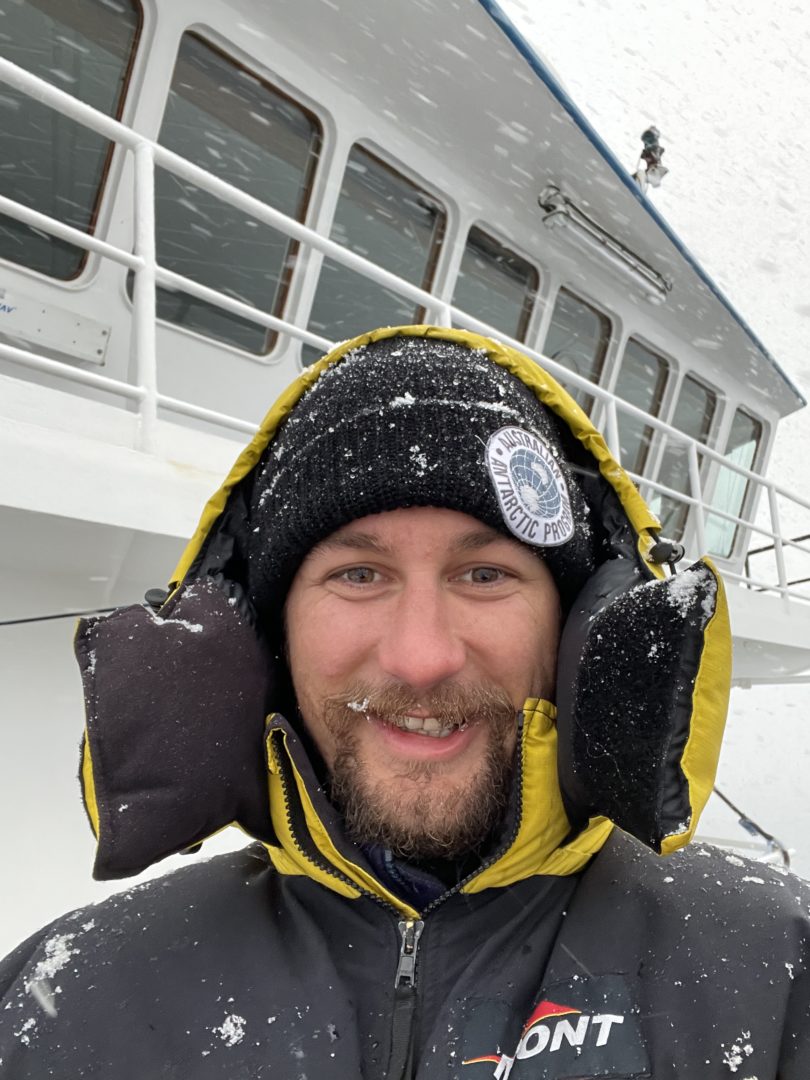Antarctica holds a special place in the hearts of many around the world. Due to this and its remoteness, it has been spared many of the human pressures the marine environment faces around the world. However, humans have a far-reaching influence, and the Antarctic peninsula is the focus of the majority of human interactions with the Antarctic Continent. The Antarctic Peninsula is changing rapidly, it’s one of the fastest warming regions in the world, species are shifting south, temperate plants are taking hold, fishing and tourism are increasing year on year and this is on a backdrop of industrial removal of seals, then baleen whales which reduced many populations to near zero. Most are yet to fully recover.
Fortunately, in the mid part of last century it was agreed that Antarctica be persevered for peace and science. In the Southern Ocean surrounding Antarctic most marine mammal and seabirds are now protected and fishing is managed by CCAMLR an organisation which endeavours to set krill catch limits that minimise the effect on the ecosystem, rather than the more traditional approach - maximising the total catch. Monitoring predator populations is a critical part of this ecosystem approach, and since the mid 90s predator monitoring has been focused on land-based krill predators; penguins and seals, mainly due to the relative ease of access. Less attention has been placed on baleen whales which as a group are likely the greatest consumer of Krill in the Southern Ocean and their recovering populations have been shown to exert a greater influence over penguin and seal populations than krill fishing itself. The lack of baleen whale monitor is largely due to the significant logistical and financial outlay that is required is currently unachievable in the vast and remote Southern Ocean. However, most of the krill fishing occurs in a very concentrated region surrounding the Antarctic peninsula. A region regularly and repeatedly by accessed by tourist vessels. We have developed a relationship with a tour company to put observers on their vessels to collect whale data that will allow us to complete the predator puzzle and accurately set krill catch limits that reflect the needs of the ecosystem.
CMS works at the interface between humans and nature, to develop multi-disciplinary research to understand and manage our oceans. CCAMLR is one of the only high seas management bodies that considers the needs of the ecosystem, and arguably effectively manages exploited natural recourses. The lessons learned through this project in providing research that targets specific management needs to an international management body will be applicable and relevant for the larger CMS community.


